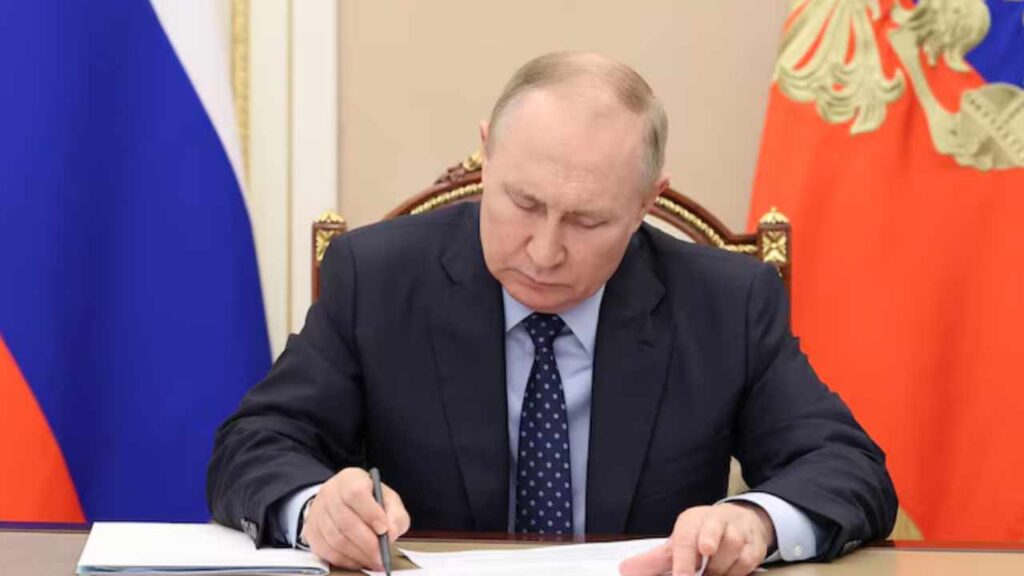Russian President Vladimir Putin recently signed a new crypto taxation law exempting VAT on crypto mining and sales.

Russian President Vladimir Putin has signed into law a new framework for cryptocurrency taxation, officially recognizing digital assets as property.
This legislation also applies to digital currencies used in foreign trade settlements under the “experimental legal regime (ELR).”
Crypto Mining and Sales Exempt from VAT
Under the new regulations, digital currency mining and sales are exempt from value-added tax (VAT). Additionally, services related to transactions within the electronic payment system (EPR), including cryptocurrency, will not be subject to tax liabilities.
However, operators of crypto-mining infrastructure must inform tax authorities about users engaging their services for crypto issuance. Failure to report this information on time may result in a penalty of 40,000 rubles.
The law specifies that cryptocurrency earned through mining will be subject to personal income tax, calculated based on the currency’s market value at the time of acquisition. Mining-related expenses will be eligible for deductions.
Income from activities such as acquisition, sale, or other digital currency transactions will be taxed under a two-tier structure: a 13% tax for earnings up to 2.4 million rubles and 15% for income exceeding that amount.
This will be integrated into the same tax base as earnings from securities, bank deposits, and other financial sources.
For corporate income tax, digital currency mining will be taxed at the standard corporate rate of 25%, set to take effect in 2025.
While Russia finalizes its crypto taxation rules, other jurisdictions like Hong Kong are moving towards complete tax exemptions for cryptocurrency.
Hong Kong’s approach, aimed at establishing itself as Asia’s crypto hub, may attract investor capital, particularly from regions like China, where digital assets face significant regulatory challenges.
Restrictions and Exclusions in the Crypto Tax Law
The new crypto taxation law includes restrictions for certain businesses and individuals involved in mining and cryptocurrency sales.
These entities will be ineligible for simplified taxation systems such as the single agricultural tax or the “Automated Simplified Taxation System.”
Furthermore, the patent system and the self-employed tax regime will not apply to mining or digital currency transactions.
The law will come into effect upon its official publication, though specific provisions will have staggered implementation timelines.
Since the onset of the Ukraine war, Russia has increasingly relied on Bitcoin and other cryptocurrencies to bypass Western sanctions.
At the recent BRICS summit, member nations discussed the potential use of cryptocurrencies for cross-border payments, signaling a shift toward leveraging digital assets in international trade.
